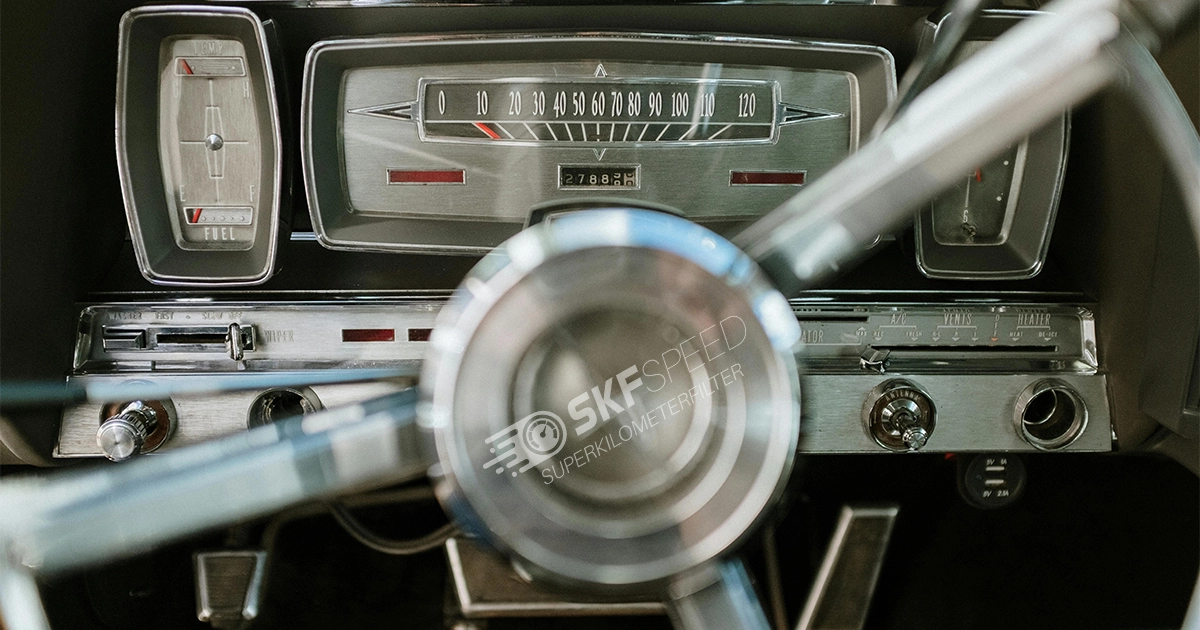
Have you ever wondered if the sleek digital odometers in modern cars can be rolled back? As technology evolves, so do the strategies of those who seek to manipulate it. Digital odometers were developed to fight fraud, but the issue still remains unresolved. New automobiles are more secure and advanced, and they are also harder to tamper with. However, manipulating electronic odometers is not impossible. Current automobiles are said to be more complex but also more deceiving. As a result, understanding how to verify vehicle information is critical.
In this blog, you will learn if modern vehicles with digital odometers can be rolled back.
An odometer is a vital part of contemporary automobiles. It is a measurement instrument for monitoring a car’s overall mileage. This tool is responsible for accurately measuring mileage but contains much more details about your automobile.
In modern vehicles, odometers do more than track mileage. They seamlessly integrate into the car’s electronic systems. As a result, they are a vital link between the driver and the onboard computer. This integration helps improve the driving experience and the efficiency of a vehicle.
How does it work in practice? Imagine you are driving a brand-new, modern electric vehicle. Your odometer won’t only track your miles. Based on its data, the system will give you tips. For example, it analyzes your energy efficiency, forecasts battery status, and even recommends the best time to recharge. Once you reach 50,000 miles, it will alert you to schedule a major service. These tips and suggestions help your vehicle’s maintenance and prevent expensive repairs.
Why is the odometer important?
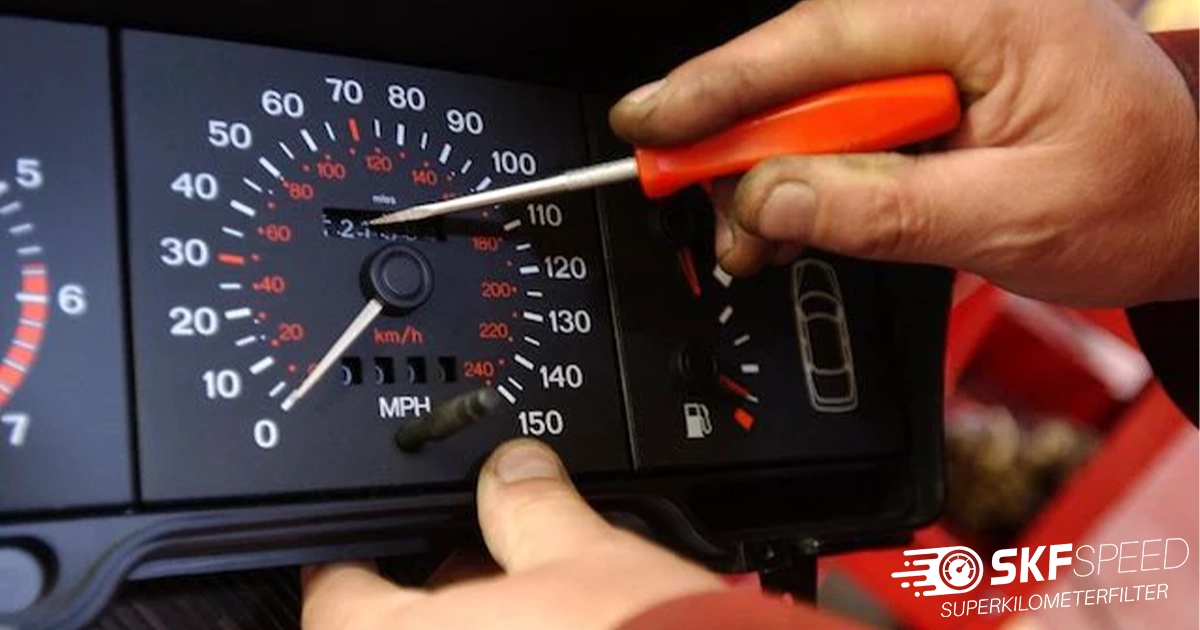
The history of odometers mirrors the big revolution in automobile technology over the past century. Early vehicles were equipped with mechanical odometers. They featured a series of numbered wheels connected by gears. These devices worked through a flexible cable linked to the vehicle’s transmission or wheel hub.
For example, a 1950s Chevrolet Bel Air typically came with a mechanical odometer that featured easy-to-read white numbers on a black background. It could display up to 99,999 miles before starting over.
The shift to electronic odometers started in the 1980s and picked up speed in the 1990s. Early digital systems, like those found in the 1981 Cadillac Seville, used vacuum fluorescent displays (VFDs) to show mileage. It was the first American car with a digital odometer.
Modern digital odometers were widely adopted in the 2000s. They are seamlessly integrated into a vehicle’s electronic control unit (ECU) and gather data from various sources, like wheel speed sensors and vehicle speed sensors. This helps you maintain precise readings and offers enhanced features.
An example of an advanced digital odometer is a 2023 Tesla Model 3. It does more than show mileage. The system uses odometer data to calculate energy efficiency, predict battery life, and even schedule maintenance alerts. The odometer is part of an advanced information system that is displayed on a touchscreen interface. This innovation has significantly increased accuracy, minimized mechanical wear, and improved the general performance of odometers in modern automobiles.
Mechanical and digital odometers have the same goal of recording mileage. However, they work in different ways. Here are the major differences:
Yes, digital odometers can be rolled back, but it is illegal and more complex. Changing digital odometers can be done by physically altering the odometer’s circuit board, replacing chips, utilizing rollback devices, or swapping odometers.
Digital odometers are harder to change, but they can also be manipulated. For example, in 2022, car dealers used specialized software to hack vehicle ECUs and alter mileage in luxury vehicles. In 2020, people changed the entire control panel in used cars in Texas to mislead potential buyers and sell vehicles for a higher price.
Such examples are becoming more common nowadays. It is important to know that modern automobiles store mileage information in multiple locations. For instance, you can check the total miles of a BMW 5 series in the engine control module, as well as the body control module and key fob. Establishing such an interconnected system helps increase security and prevent fraud.
No, you cannot lawfully turn back a digital odometer. Adjusting a mileage reading, both digital and mechanical, is forbidden in many countries, including the United States. The Federal Odometer Act explicitly forbids detaching, resetting, or manipulating a vehicle’s odometer to alter its mileage.
However, there are rare legal cases where odometer readings can be modified:
Remember, these situations are the exception, not the rule. For any odometer adjustments to be legal, they must be performed by authorized professionals and thoroughly documented. Buyers should be aware that tampering with a digital odometer is illegal and could be considered fraud. Hence, you should always prioritize transparency and legal compliance in car sales.
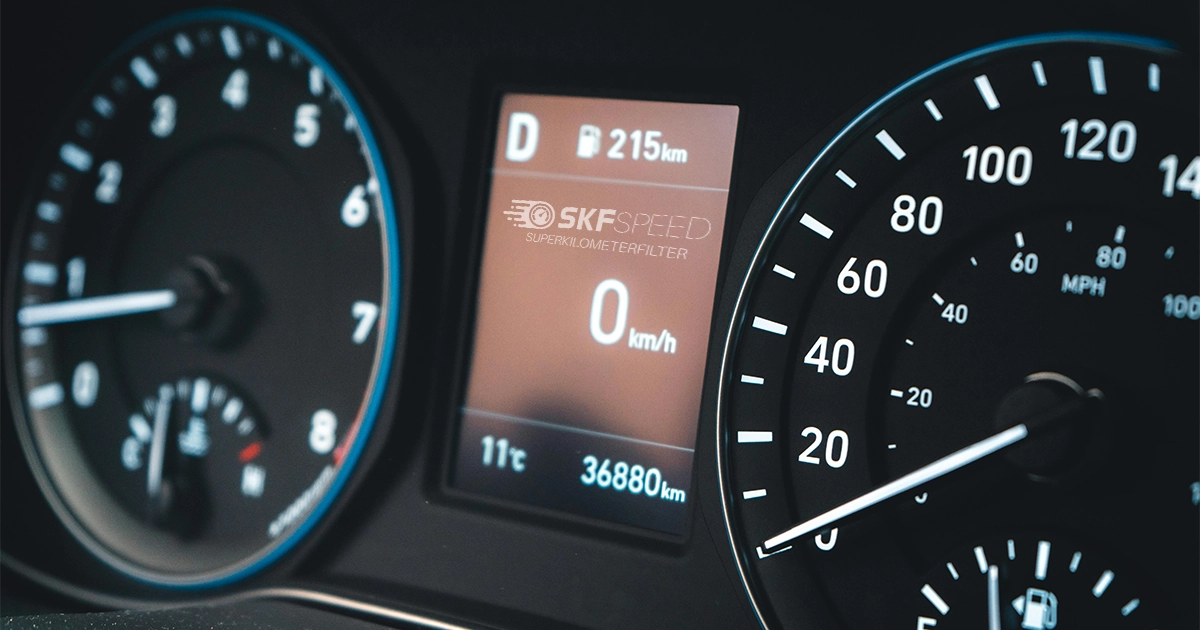
The Mileage Blocker device allows testers to examine cars without adding extra miles. This innovative tool is designed by the SKF team specifically for automotive testing for legal use. So, how does it work? The Mileage Blocker prevents the system from recording miles while the vehicle is moving.
The mileage blocker is made in Germany and has premium-quality components. The device is suitable for almost all car manufacturers and models. It comes with a user-friendly mobile app that helps you manage the device directly from your phone. Plus, it has simple installation instructions so that you can assemble it yourself.
This unique device is available on the Super Kilometer Filter website, and you can order the mileage blocker anytime. In case of any queries, the customer service and support teams will guide you through every step.
In 2024, turning back digital odometers is still possible, but it is forbidden and has serious consequences. Modern cars use new technologies to track mileage, which makes manipulation harder. To minimize potential problems, always check the odometer and vehicle history before purchasing a secondhand automobile.


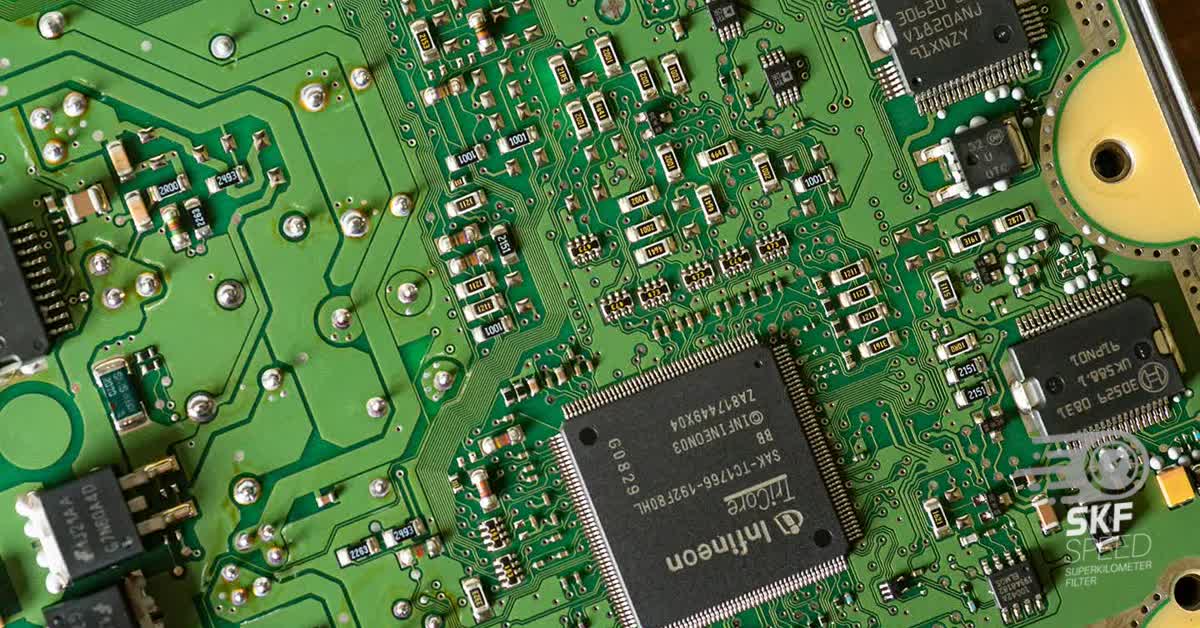
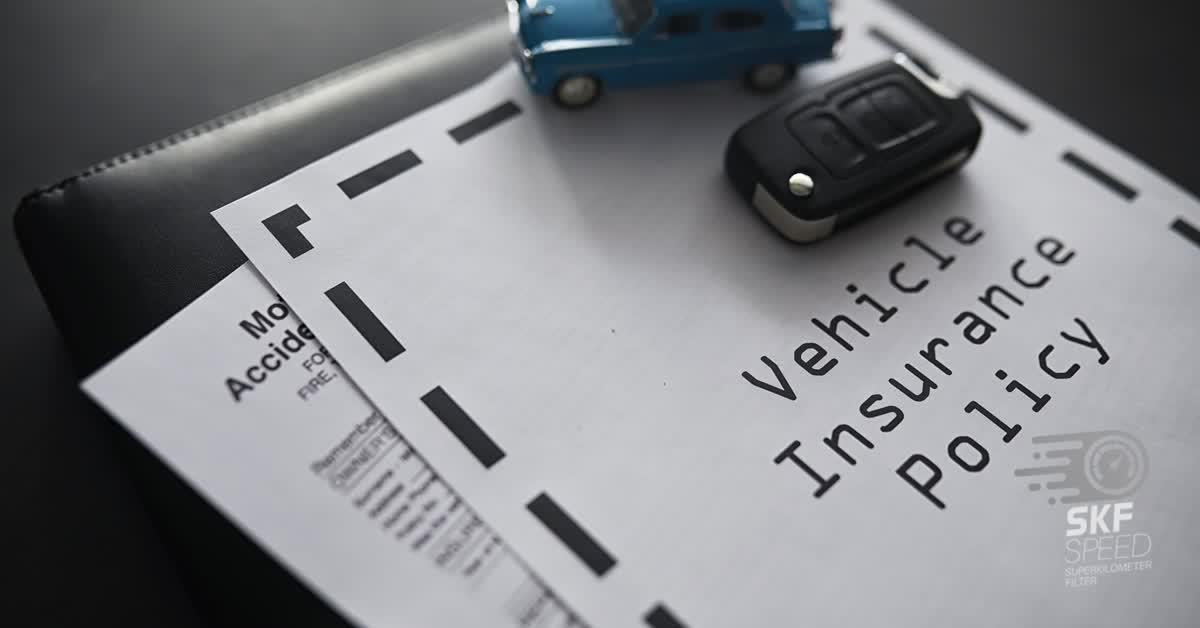

Here you will find all the details about our company
Here you will find shipping and return related information
Here you will find information on all technical questions
Here you will find helpful information about installation